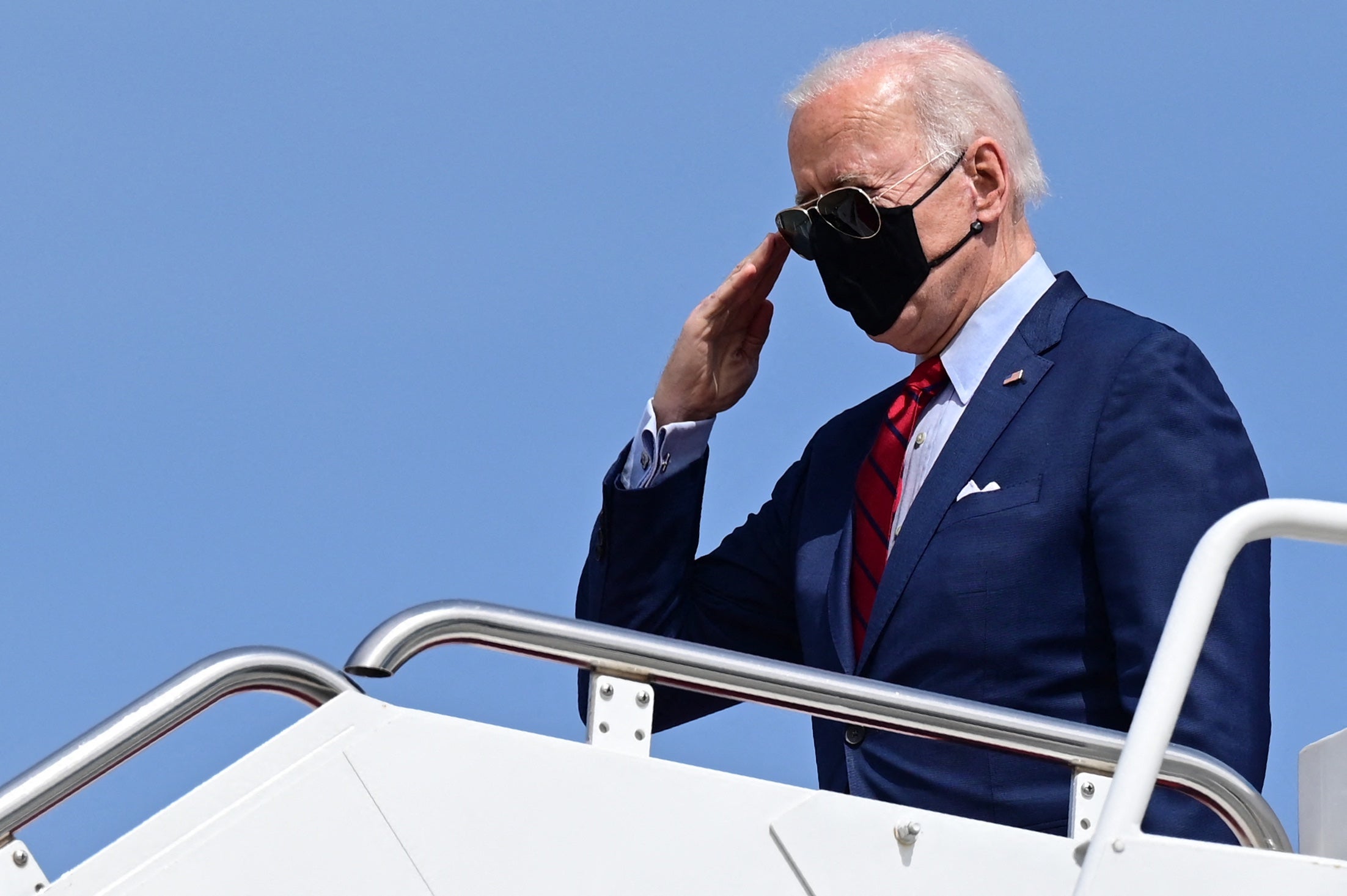Our economic recovery depends on tourism – we need an air corridor between the UK and US
The most important factor will be how quickly US service industries recover and the key is aviation, writes Hamish McRae


The US economy is racing out of the traps. This week, we will get more evidence that it is settling into a full gallop. The markets know this. On Friday, the S&P 500 index had a late spurt and closed at a record high. US manufacturing is surging ahead, having recovered all the ground lost over the pandemic. And as the vaccine rollout progresses, the reopening of the service industries will gather pace, too.
So, what’s to look for, and what does this mean for the rest of us?
On Friday, the US Bureau of Labour Statistics will release job figures for March. These are expected to confirm the real-time data on employment which suggests that the boom is sucking people back into work. We will also get more details of the massive infrastructure plans expected to be outlined by President Biden in Pittsburgh on Wednesday. Those plans are of course long term, but markets being markets, we can expect a reaction as to potential winners from the spending. More generally, there is a sense that the US is leading the developed world out of recession, just as China is leading the emerging world out of it.
But the thing that will be most important will be how quickly US service industries recover. The key will be aviation: not only is it important in its own right, a string of other services, including car hire, ground services and, crucially, the hospitality industry in tourist regions, will all benefit. So the opening of US airlines will provide a kick. But this will not help the UK or Europe until transatlantic travel resumes. Opening a UK/US air corridor must be the rational way forward, given the high and increasing levels of vaccination of both populations – a more realistic proposition actually than opening UK corridors to Europe.
This leads to what is, from a UK or European perspective, the biggest question of all. How swiftly will the US recovery help the UK and Europe?
In the past, the US had led the UK and continental economies by about six months. Recession in America meant recession in Europe, but only after a lag. The same sequence applied to recoveries. But this recession and recovery are different. The shutdowns were more or less simultaneous because the virus struck at more or less the same time. But the experience of the recession on both sides of the Atlantic (and both sides of the Channel) was different for reasons that we don’t yet fully understand.
On the face of it, the key factor now in determining pace of recovery should be the speed of the rollout of the vaccines. If that is right, the US and UK will come out first and then Europe (which is starting to crank up its vaccination rate) will follow. If the past year has taught us anything, it is that projections should be taken with a pinch of salt, but the idea that there will be a strong global recovery led by the US and China is surely an odds-on bet.
Read more:
Barclays Bank has just put out a research paper forecasting that “the global economy should expand robustly at 6.4 per cent this year” after its 3.3 per cent contraction in 2020. That would be a much faster rebound than the anemic recovery after the 2008-09 recession. Put at its simplest, while the recession last year was roughly double as deep as in 2009, it will turn out to be less than half as long. It is the pace of this rebound that is driving prices on Wall Street.
I think this big picture of the US as the economic locomotive will turn out to be broadly right but I do worry about two things.
One is that restrictions on travel mean that the usual transmissions mechanisms won’t work as well as in the past. Travel and tourism account for 11 per cent of the world economy. If we do not get that going, the boom in the US will spread only slowly to the rest of the world.
The other is that China, the world’s second largest economy, has become a difficult partner for obvious reasons. Germany is massively dependent on exports to China and the country overtook the US as Europe’s main trading partner last year. Volkswagen is China’s largest car brand. China will not be seeking to help the US and European economies in the months and years ahead.
Still, the bottom line is that the rest of the world should be grateful to the US for engineering such a strong recovery. It is the reverse of the old adage that when America sneezes, Europe catches a cold.
Join our commenting forum
Join thought-provoking conversations, follow other Independent readers and see their replies
Comments
Bookmark popover
Removed from bookmarks